Moskva, en stad genomsyrad av andligt arv, vaknar verkligen till liv under sina påskfiranden. Denna djupt betydelsefulla helgdag, känd som Pascha i den ortodoxa traditionen, överskrider ett blott åskådande. Den blir en djup kulturell upplevelse. Sannerligen förvandlas staden med livfulla vårdekorationer, speciella evenemang och innerliga religiösa ceremonier. För besökare är det en minnesvärd upplevelse att få vara med om Moskva påsk ger en unik inblick i Rysslands själ. Du kan bevittna hundraåriga ortodoxa traditioner. Du kan också delta i de glädjefyllda festligheterna som markerar denna heliga tid. Från högtidliga riter under Stilla veckan till sprudlande påskdagsfester, erbjuder huvudstaden en oförglömlig andlig resa.
Den ortodoxa påskens betydelse: Ett andligt hjärtslag
Ortodox påsk är den viktigaste högtiden i den östkristna kalendern. Den firar Jesu Kristi uppståndelse. För ryssar är den ännu viktigare än julen. Datumet skiljer sig vanligtvis från den västerländska påsken. Detta beror på att ortodoxa kyrkor använder den julianska kalendern för att beräkna Pascha. Därför infaller ortodox påsk ofta en till fem veckor senare än motsvarigheten i väst. Detta möjliggör en unik tidpunkt för firandet i Moskva.
Helgen följer den Stora Fastan, en sträng 40-dagarsperiod av fasta och ånger. Denna andliga förberedelse kulminerar i Stilla veckan. Under denna tid intensifierar de troende sina böner och sin eftertanke. Resan från Fastan till Pascha är central. Den betonar andlig rening och förnyelse. Följaktligen, när påsken anländer, är glädjen oerhörd. Den markerar livets triumf över döden.
Förberedelser och ritualer under Stilla veckan
Förberedelser för Moskva påsk högtiden långt före själva påskdagen, under Stilla veckan. Varje dag har sina egna ritualer och traditioner. Heliga torsdagen, känd som “Chisty Chetverg” (Rena torsdagen), har särskild betydelse. På denna dag städar folk traditionellt sina hem grundligt. Många ryssar förbereder också de traditionella påskmaträtterna. Dessa inkluderar att färga hårdkokta ägg och baka kulich. Kulich är ett högt, cylindriskt sött bröd. Paskha, en rik, pyramidformad ostdessert, görs också. Familjer förbereder noggrant dessa speciella maträtter. Detta säkerställer att de är redo för påskfesten.
Långfredagen är en högtidlig dag. Den högtidlighåller Kristi korsfästelse. Många ortodoxa troende iakttar en strikt fasta. De deltar i gudstjänster som fokuserar på passionshistorien. Stora lördagen är en dag av förväntan. Den kulminerar i årets viktigaste gudstjänst: påskvakan. Under sen eftermiddag och kväll bär familjer korgar med sin förberedda påskmat till kyrkan. Präster välsignar dessa korgar. Denna välsignelse betecknar beredskapen att bryta fastan.
Påsknattsmässan: En Natt av Ljus och Tro
Påskvigiljan, som börjar på lördag kväll och sträcker sig in på tidig påskdagsmorgon, är höjdpunkten i Ortodox påsk Moskva. Denna gudstjänst är djupt berörande och symbolisk. Den börjar i mörker. Sedan, runt midnatt, kommer präster ut från altaret bärande ljus. De delar den heliga elden med församlingen. Snart är hela kyrkan fylld med ljus. Detta symboliserar Kristi ljus som träder in i världen.
Efter midnat sker en högtidlig procession, känd som Krestnyj Chod (korsprocession). Prästerskapet och församlingen vandrar runt utsidan av kyrkan. De bär ikoner, kors och fanor. Körer sjunger gamla hymner. När processionen återvänder in öppnas dörrarna. Prästen utropar: “Kristus är uppstånden!” Församlingen svarar glatt: “Sannerligen är Han uppstånden!” Denna hälsning, “Khristos Voskrese!” (Kristus är uppstånden!) och “Voistinu Voskrese!” (Sannerligen är Han uppstånden!), utbyts sedan upprepade gånger under hela påsktiden.
Stora katedraler, som Kristus Frälsarens katedral och Jelokhovokatedralen, anordnar magnifika påskgudstjänster. Dessa gudstjänster lockar tusentals gudstjänstbesökare. Även om du inte förstår ryska är den andliga atmosfären påtaglig. Skönheten i sången, de flimrande ljusen och den djupa hängivenheten skapar en verkligt oförglömlig upplevelse. Många människor står utanför kyrkorna under processionen. De deltar i den kollektiva känslan av vördnad och glädje. Det är ett skådespel av djup tro.
Påskdagen: Fest och Festligheter
Påskdagen markerar det triumferande slutet på fastan. Det är en dag av glädjefullt firande. Familjer samlas för en festlig måltid, känd som “razgovlenie” (brytandet av fastan). Bordet pryds av kulich, paskha och vackert dekorerade ägg. Dessa maträtter har blivit välsignade. Kulich dekoreras vanligtvis med vit glasyr och färgglatt strössel. Paskha, formad som en pyramid, bär ofta bokstäverna “XB” (för “Kristus är uppstånden”).
En populär tradition är äggpickning. Deltagare knackar försiktigt sina hårdkokta ägg mot varandra. Den vars ägg förblir helt vinner. Denna vänskapliga tävling bidrar till den festliga stämningen. Särskilt barn tycker om det. Under dagen besöker folk vänner och familj. De utbyter den traditionella påskhälsningen och delar mat. Atmosfären är fylld av värme, gemenskap och stor glädje. Detta definierar verkligen Påsk i Moskva.
Stadsomfattande firande: Festivalen “Påskgåvan”
Utöver de religiösa ceremonierna, vaknar Moskva till liv med sekulära festligheter under påskperioden. Festivalen “Påskgåvan” är en stor stadsomfattande händelse. Den pågår i flera dagar runt den ortodoxa påsken. Denna festival förvandlar centrala torg och parker till livfulla utomhusarenor. Den delar likheter med julmarknaderna men har ett distinkt vår- och påsktema.
Besökare kan utforska ett flertal dekorerade stugor och stånd. De erbjuder traditionella godsaker, handgjorda souvenirer och unika gåvor. Festivalen har ofta scener med liveframträdanden, inklusive folkmusik, dans och teaterföreställningar. Dessutom är master classes en populär attraktion. Du kan lära dig att måla påskägg. Du kan också prova på traditionellt hantverk. Många välgörenhetsinitiativ är också en del av festivalen “Påskgåva”. Den förkroppsligar andan av givmildhet och gemenskap. Detta gör den till ett bra tillskott till vilken Moskvas religiösa firanden resplan.
Utöver marknaderna: Andra evenemang under påsken
Firandet sträcker sig bortom de livliga marknaderna. Det klangfulla ringandet från kyrkklockorna markerar påsktiden. Under Stilla veckan (veckan efter påskdagen) tillåter många kyrkor besökare att klättra upp i sina klocktorn. Detta erbjuder ett unikt tillfälle att ringa i klockorna. Denna tradition, känd som “Zvon”, är en sällsynt och glädjefull upplevelse. Den ger ett fängslande sätt att engagera sig i helgen.
Museer i Moskva håller också ofta speciella utställningar och evenemang relaterade till påsk. Dessa kan inkludera utställningar av historisk religiös konst. De kan också innehålla traditionellt hantverk eller föredrag om ortodox historia. Konserter med sakral musik anordnas ofta i kyrkor och konsertsalar. Dessa ger en vacker bakgrund till vårfirandet. Speciella guidade turer med fokus på Moskvas spirituella platser blir också populära. De erbjuder insikter i stadens religiösa arv.
Praktiska tips för att uppleva påsken i Moskva
För att få ut det mesta av din Moskva påsk För att uppleva ortodox påsk på bästa sätt kan du tänka på följande praktiska tips. För det första, förstå den ortodoxa kalendern. Datumet för påsken ändras varje år. Se till att ditt besök sammanfaller med Stilla veckan och påskdagen. Att delta i påskvakan på lördagsnatten är en stark upplevelse. Men var beredd på långa gudstjänster. Kyrkorna kommer att vara mycket trånga. Det är lämpligt att komma tidigt.
När du besöker kyrkor, klä dig respektfullt. Det betyder anständig klädsel. Kvinnor bör täcka sina huvuden och ofta sina axlar. Scarves finns vanligtvis att låna i större kyrkor. Även om fotografering ofta är tillåten ska du alltid vara diskret. Undvik att använda blixt under gudstjänster. Att lära sig några viktiga ryska fraser som “Khristos Voskrese!” (Kristus är uppstånden!) och “Spasibo” (Tack) kommer också att vara till hjälp.
Kollektivtrafiken, särskilt tunnelbanan, fungerar effektivt under helgdagarna. Räkna dock med större folkmassor runt kyrkor, särskilt på Stora lördagsnatten och påskdagsmorgonen. Planera dina rutter därefter. Slutligen, omfamna den festliga stämningen. Njut av den speciella maten, beundra dekorationerna och fördjupa dig i den glädjefyllda atmosfär som genomsyrar Moskva under påsken. Det är verkligen en unik tid att vara i staden.
Sammanfattningsvis erbjuder Moskvas påskfirande en otroligt rik och autentisk kulturupplevelse. Från den högtidliga skönheten i dess ortodoxa traditioner till den pulserande energin i dess stadsomfattande festivaler, inbjuder helgen till djupgående engagemang. Oavsett om du söker andlig reflektion, kulturell fördjupning eller helt enkelt vill bevittna en stad som förvandlats av glädje, upplev Moskva påsk kommer att lämna dig med varaktiga minnen av en verkligt speciell tid i Rysslands magnifika huvudstad.

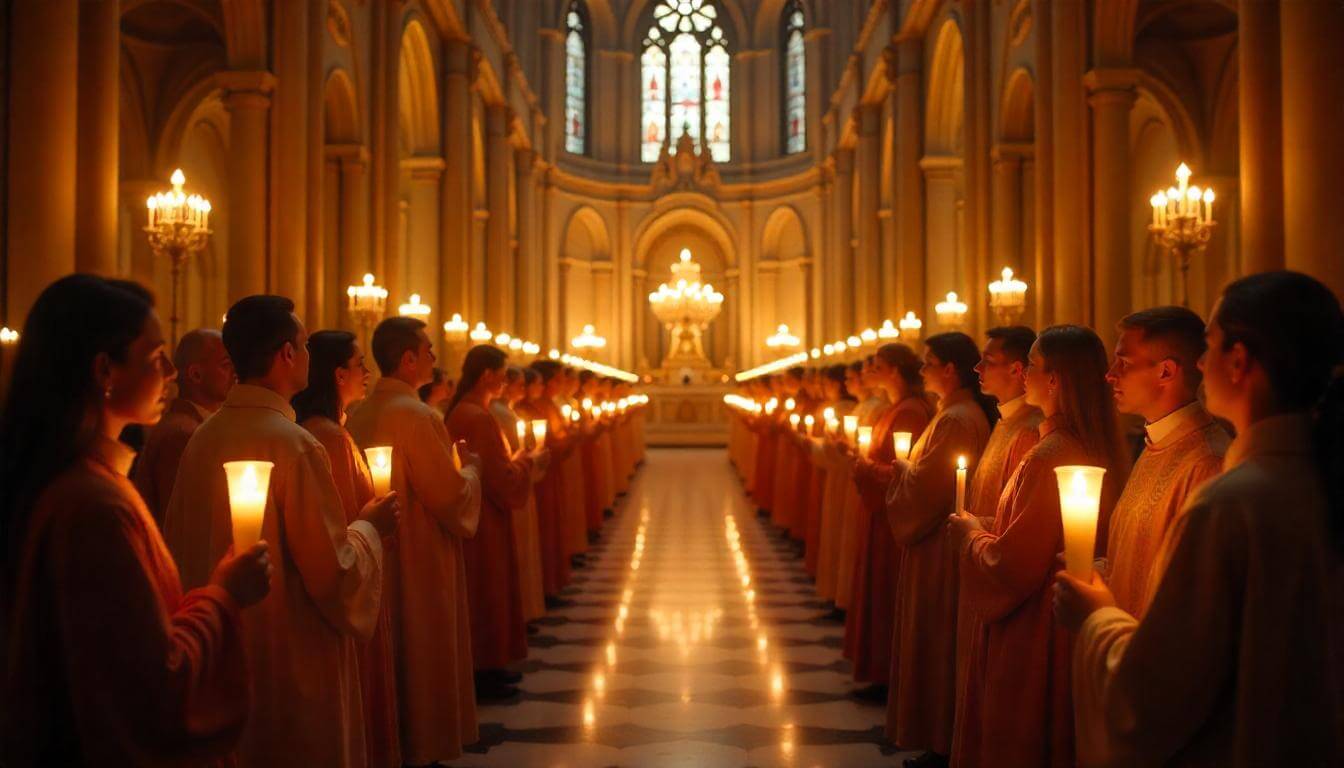 Moskvas påskfirande: Ortodoxa traditioner och speciella evenemang">
Moskvas påskfirande: Ortodoxa traditioner och speciella evenemang">

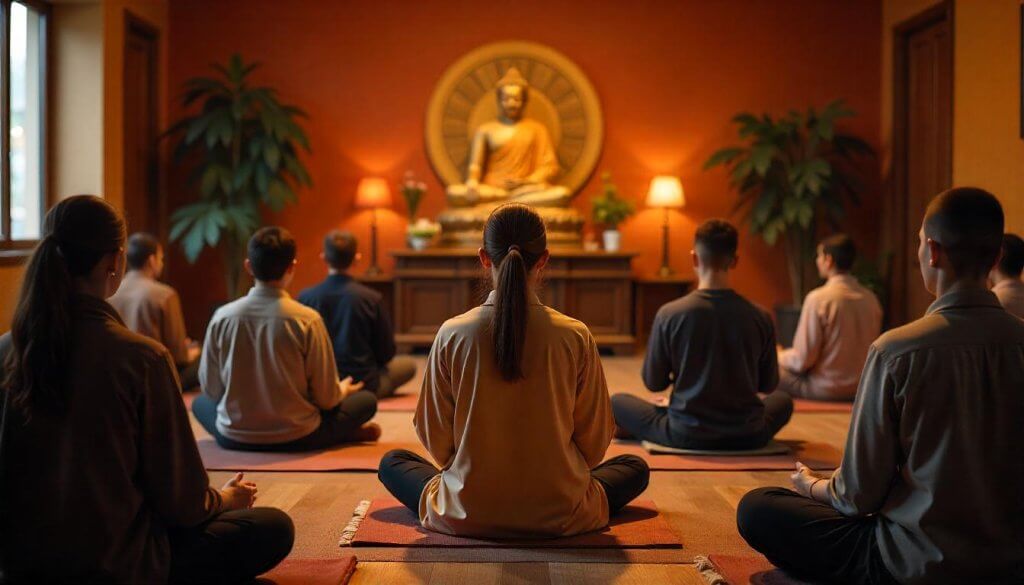 Moskvas asiatiska närvaros historiska rötter">
Moskvas asiatiska närvaros historiska rötter">
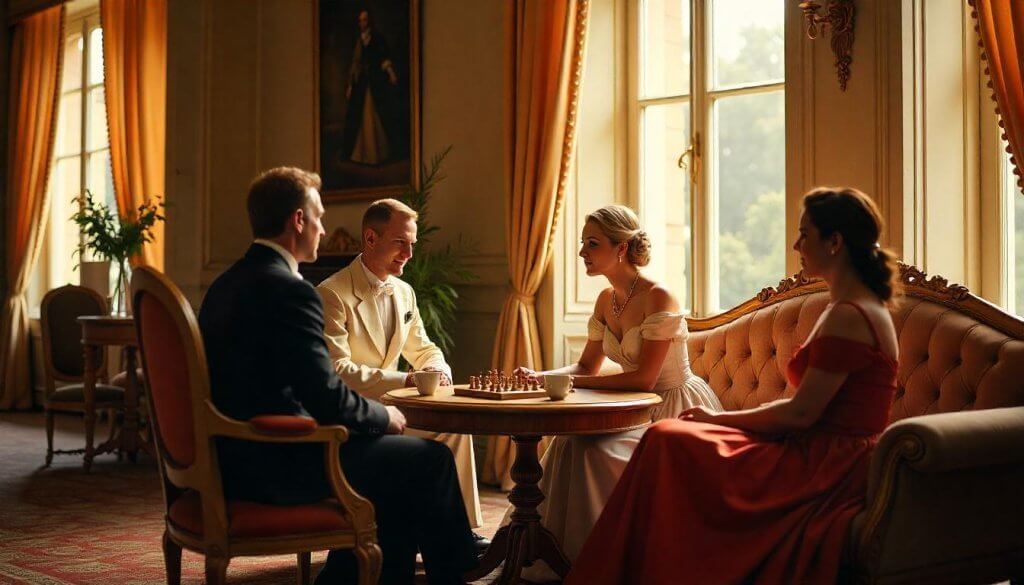 Moskvas franska inflytande: konst, kultur och diplomatisk historia">
Moskvas franska inflytande: konst, kultur och diplomatisk historia">
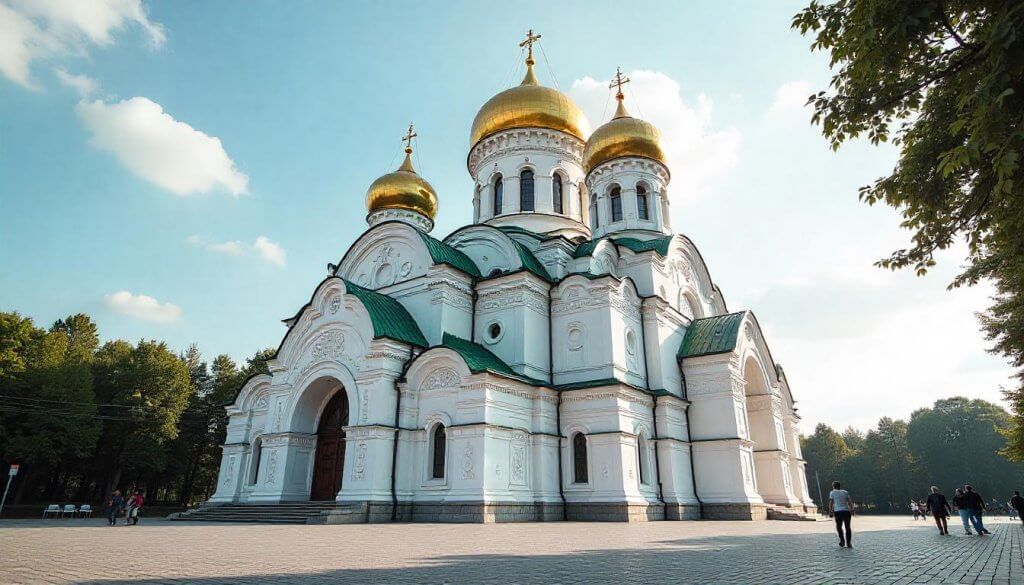 Moskvas italienska förbindelse: Arkitektur och kulturellt utbyte">
Moskvas italienska förbindelse: Arkitektur och kulturellt utbyte">
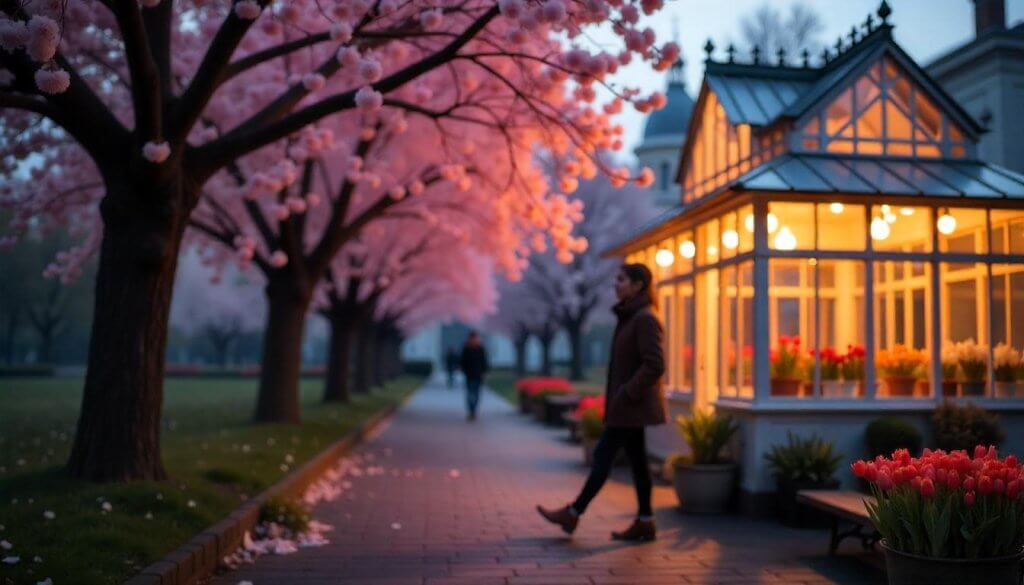 Moskva på våren: Körsbärsblom och förnyelsefirande 2025">
Moskva på våren: Körsbärsblom och förnyelsefirande 2025">
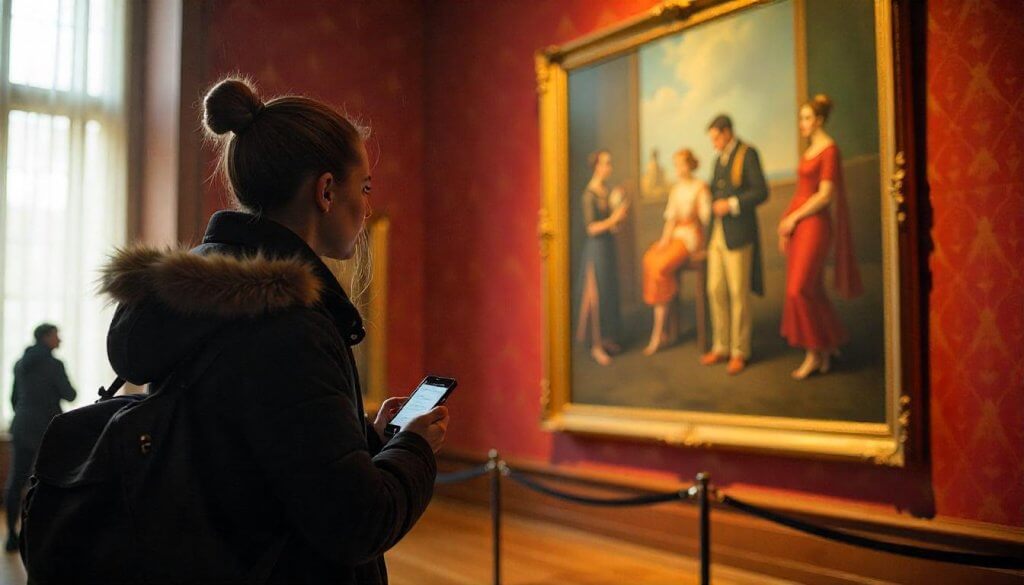 Moskva regniga dagar: Inomhusattraktioner perfekta för dåligt väder under 2025">
Moskva regniga dagar: Inomhusattraktioner perfekta för dåligt väder under 2025">
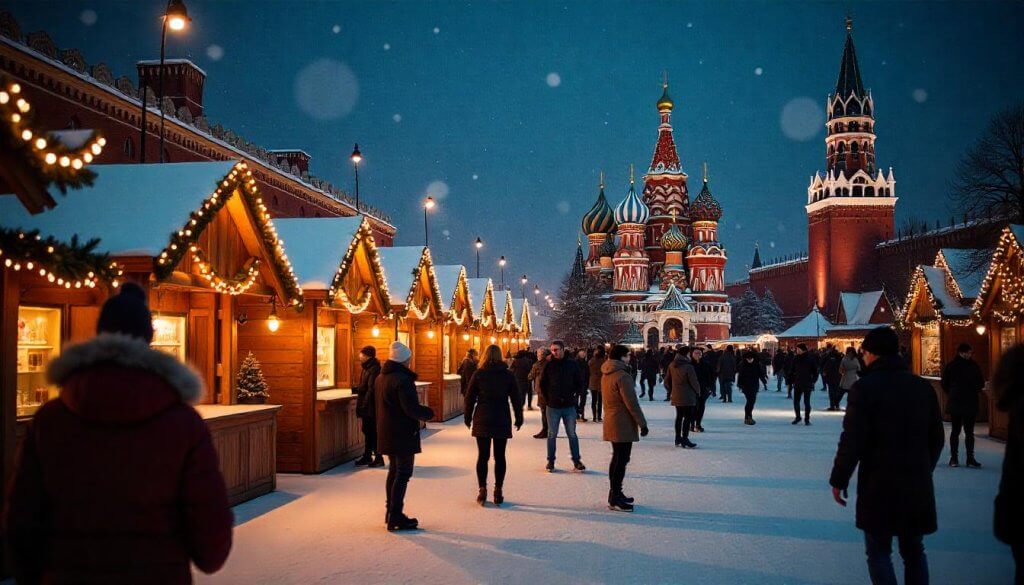 Moskvas julmarknader: helgtraditioner och vinterfirande">
Moskvas julmarknader: helgtraditioner och vinterfirande">
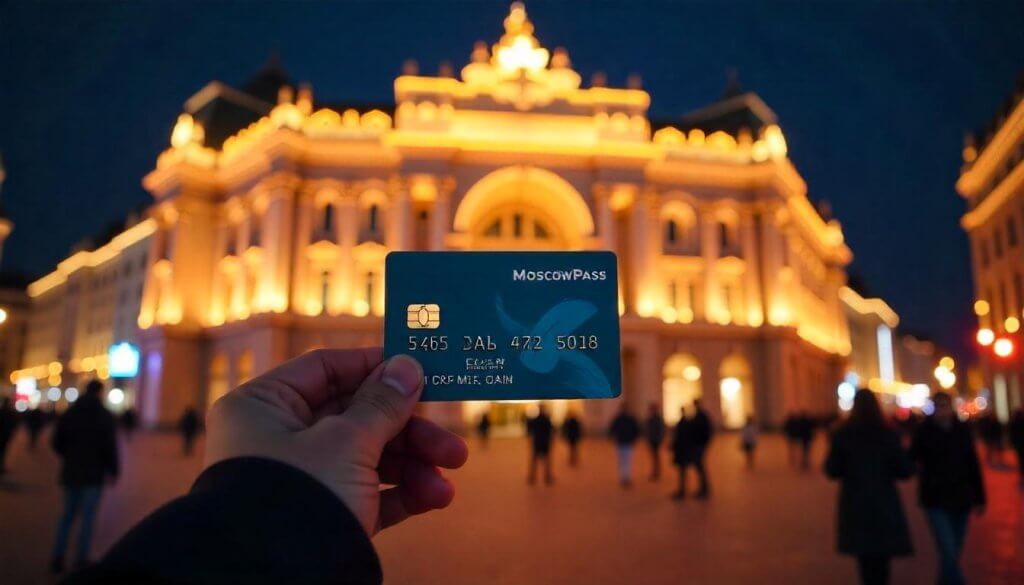 Hur du får ut det mesta av din MoscowPass-upplevelse">
Hur du får ut det mesta av din MoscowPass-upplevelse">
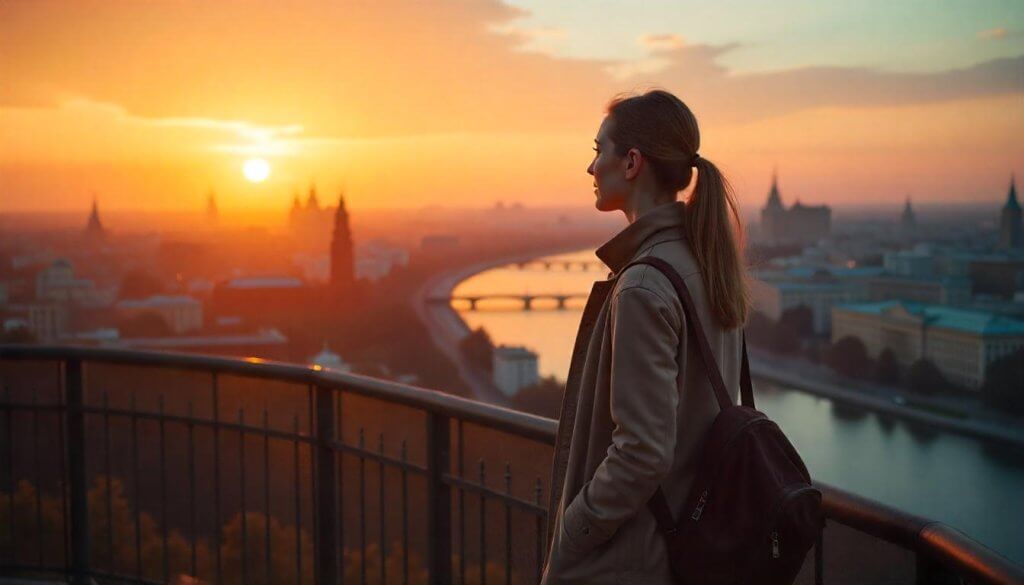 Moskva för ensamresenärer: Säkerhet och förslag på resplan">
Moskva för ensamresenärer: Säkerhet och förslag på resplan">
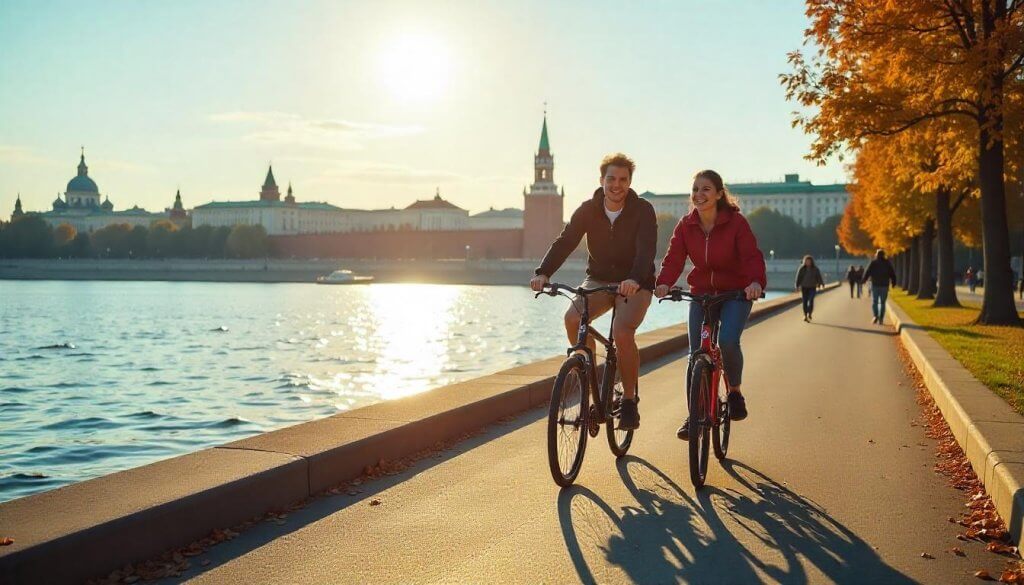 Utforska Moskva på cykel: Rutter och uthyrning">
Utforska Moskva på cykel: Rutter och uthyrning">
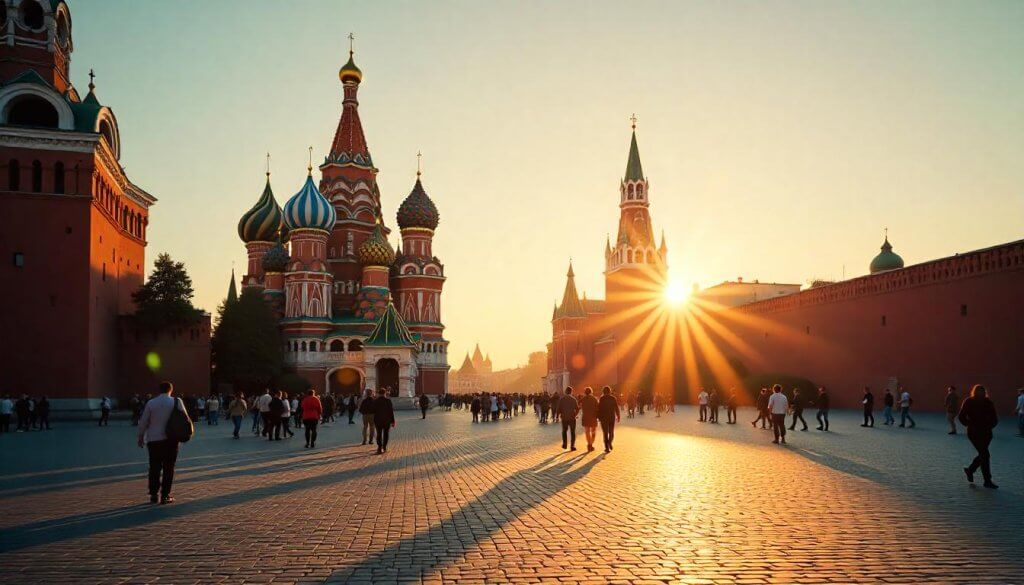 Moskvas bästa platser för fotoentusiaster">
Moskvas bästa platser för fotoentusiaster">